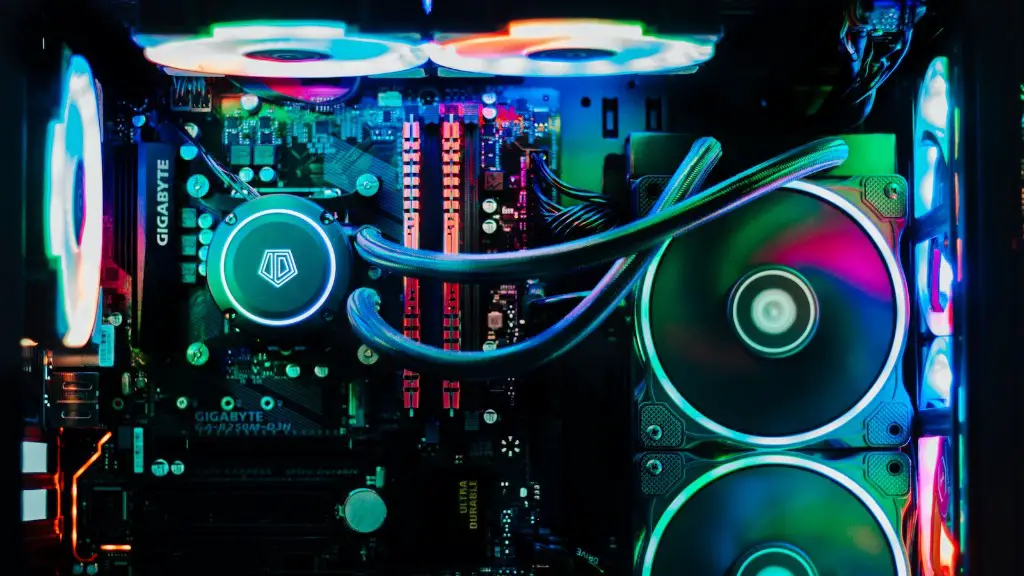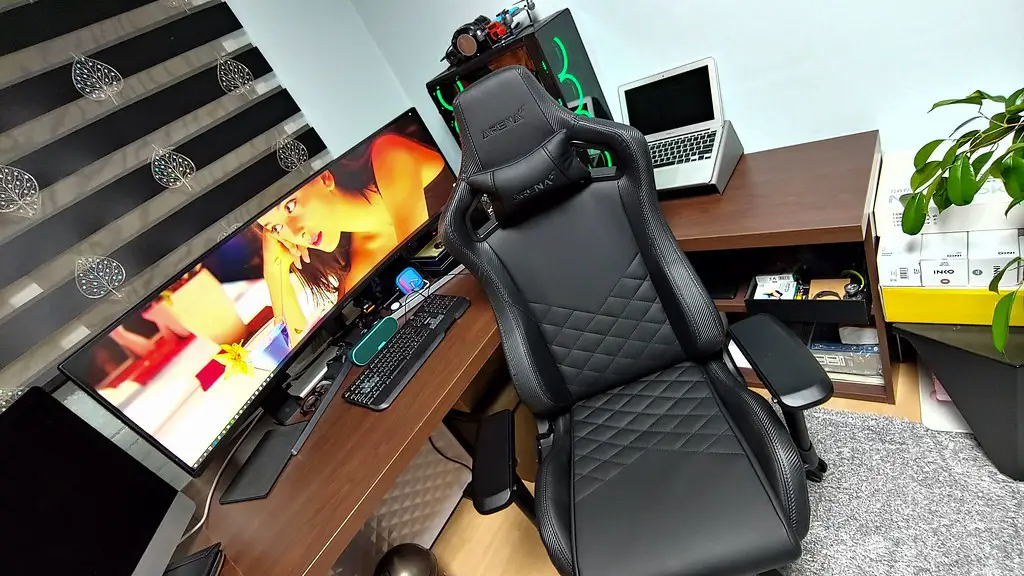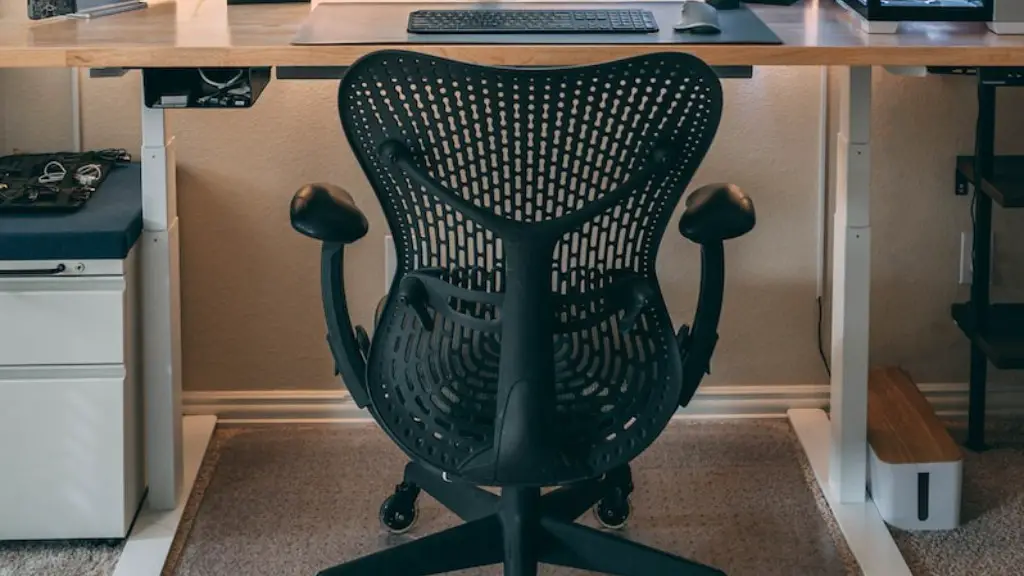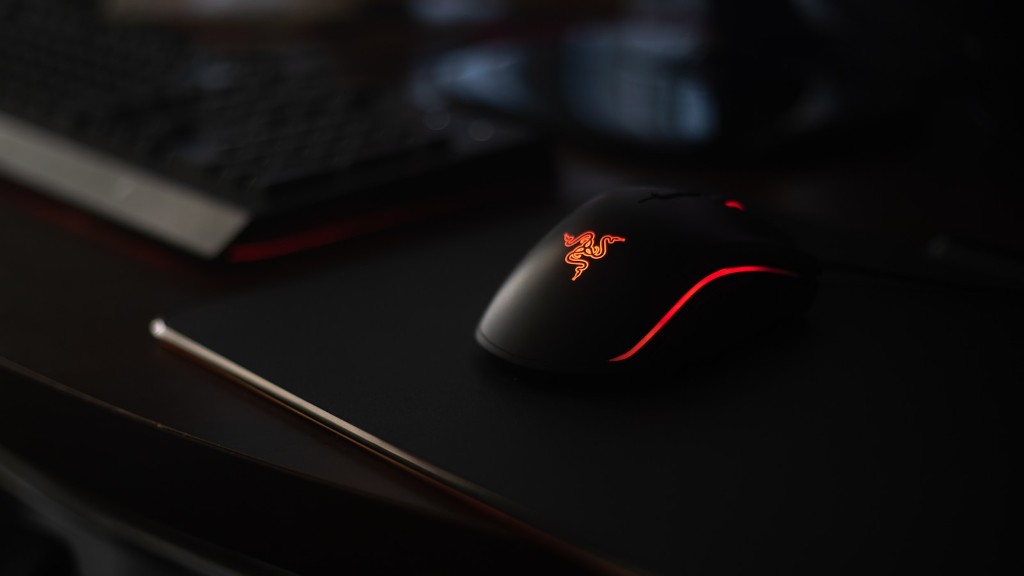Building a gaming PC is an exciting process requiring careful thought and planning. It requires a lot of information about the components and what type of system is needed for a particular game. The most important component for a gaming PC is the power supply unit (PSU). Without a powerful PSU, the system won’t be able to run efficiently. A good PSU will ensure your system can power the graphics card and processor and the other components of the gaming PC, like the hard drive, CPU, and RAM. Without an adequate PSU, a gaming PC won’t perform well.
When selecting a PSU, you need to consider output wattage, efficiency rating, modular design, protections, connectors and cooling system. Output wattage is the amount of electrical power the unit can put out. The efficiency rating is how efficient the unit is at converting power from the wall outlet into the PC, so the higher the rating, the better the efficiency. Depending on the type of PC you build, you’ll need different types of power connectors. The PC components use different connectors, so make sure the PSU you select has the right ones.
Modular design refers to the way the power supply is set up. The non-modular PSU is built with all the cables inside and all the needed connections are available. The cables are necessarily, and as a result, it takes up more space in the case. On the other hand, a modular PSU has removable cables. So, you use only the cables you need and the rest can be tucked away and out of the way.
Besides all of these factors, you should also consider the safety features offered by the power supply. Dual rail and single rail power supplies are the two main types of PSU power distribution. The single rail design offers one main source of power, while the dual rail design offers two main sources of power, allowing for greater power management. Some power supplies come with over voltage protection or under voltage protection, providing safer operation of your system.
Cooling is also a consideration when choosing a PSU. Many high-end power supplies have good fan design and cooling system. This will help keep the PSU running cool to prevent overheating and damage to the unit. Some of the more advanced PSU’s even have temperature sensors to monitor heat levels and adjust cooling on-the-fly.
In conclusion, choosing the right PSU for a gaming PC is an important part of building a successful gaming machine. The output wattage, efficiency rating, modular design, protections and cooling are all things to consider when selecting a power supply. The correct PSU will ensure that your gaming PC runs smoothly and performs well.
Graphics Card
Another important component to consider when building a gaming PC is the graphics card. The graphics card is responsible for rendering images and graphics on the screen. The performance of the card will depend on the type of game being played and the settings used in the game. The most important factor to consider when choosing a graphics card is the type of GPU. The GPU is the core of the graphics card, and it is responsible for performing calculations and rendering anything on the screen. Selecting the right GPU is essential, as it needs to be powerful enough to handle the type of game you want to play.
In addition to GPU, there are many other factors to consider when choosing a graphics card. The RAM size is another important factor, as it determines how much memory the graphics card has to render images and store textures. It is recommended to get a graphics card with at least 4GB of VRAM, as it will allow the system to handle more demanding games. The processor also plays a role, as the graphics card must be powerful enough to keep up with the CPU.
The cooling system of the graphics card also needs to be taken into account. High-end graphics cards can generate a lot of heat, so make sure to get a card with a good cooling system to ensure it runs cool and performs well. Some of the more advanced graphics cards can also come with additional features, like adaptive sync, which allows the graphics card to interact with the CPU and memory better and deliver a smoother gaming experience.
When looking for the right graphics card for a gaming PC, the GPU, RAM, processor and cooling system of the card must all be taken into consideration. The right graphics card will ensure that the gaming experience is smooth and enjoyable.
Hard drive
A gaming PC also needs a hard drive which stores all data on the computer. Hard drives come in two distinct types, solid-state drives and hard disk drives. SSDs are faster, more energy efficient and more durable than traditional hard drives. They also offer higher performance and faster bootup times. On the other hand, traditional Hard disk drives (HDDs) offer more capacity at lower cost.
When selecting a drive, you should consider the size, speed and type of drive you need for your gaming PC. The total storage capacity required for your gaming PC will depend on the type of games you play. Games like Call of Duty and Battlefield require a lot of storage, so make sure to get a HDD with large capacity. On the other hand, if you play faster-paced games, like Overwatch and Dota 2, then a smaller SSD with faster speeds should be sufficient.
When selecting an HDD, the rotational speed is one of the most important factors to consider. The faster the rotational speed, the faster the drive is able to read and write data. The higher the speed, the better the performance. It is recommended to get an HDD that has a minimum speed of 7200RPM. The form factor of the drive is also important, as larger form factors may require additional adapters. Lastly, if noise is a concern, look for an HDD that is designed for quiet performance.
The hard drive is an important part of a gaming PC, as it stores all the data on the computer. It is important to choose a drive that has the right size, speed and form factor for your needs. A good drive will ensure that your gaming PC will run smoothly with no performance issues.
CPU
The processor, also known as the Central Processing Unit (CPU), is the engine of the gaming PC. It is responsible for performing all the calculations necessary for the system to run, from calculations for running applications to gaming. The performance of a gaming PC is highly dependent on the CPU, so it is important to select the right one for your gaming needs.
When selecting a CPU for your gaming PC, you need to consider the type and speed of processor, number of cores, and memory size. The type and speed of the processor will determine how fast the processor can perform calculations. Most gaming PCs use Intel or AMD processors, and they come in two types: dual-core and quad-core processors. Dual-core processors are good for basic gaming, while quad-core processors are better suited for more intensive gaming. The number of cores is also important and the more cores the better.
The memory size of the CPU should also be taken into account. The more memory, the more applications and games can be run on the system. It is recommended to get a CPU with at least 8GB of RAM for optimal performance. Lastly, the socket type of the processor should match the type of motherboard you have. The socket type determines the type of processor you can use, so make sure to get the correct type of processor for the motherboard.
Choosing the right CPU is key to building a successful gaming PC. The type, speed and number of cores, as well as the memory size and socket type should all be taken into consideration when selecting a CPU. The right processor will ensure that the gaming PC will run smoothly and efficiently.
Monitor
The gaming monitor is an important part of any gaming setup. It is the window through which you view the gaming world and the primary factor in determining your gaming experience. A good monitor should have high resolution, good color accuracy and low input lag.
The first factor to consider when selecting a monitor is the resolution. The higher the resolution, the better the image quality. Most gaming monitors have a resolution of 1920×1080 or higher, which is enough for most games. The size of the monitor is also an important consideration, as a larger size will make it easier to see everything on the screen. The size of the monitor should be proportional to the size of the room in which it will be used. Finally, the refresh rate is important, as it determines how smooth the images will look on the screen. Higher refresh rates like 144Hz or 240Hz are recommended, but they are more expensive.
The color accuracy of the monitor is also important, as it dictates how accurately colors are reproduced on the screen. It is recommended to get a monitor with a high color accuracy rating, like 95% or higher. Input lag is another important factor, as it refers to the amount of time it takes for the monitor to respond to input from the game. Lower input lag is better, as it will make the gaming experience more responsive.
The gaming monitor is an important part of any gaming setup. When selecting a monitor for a gaming PC, the resolution, size, refresh rate, color accuracy and input lag of the monitor should all be taken into consideration. A good monitor will ensure that you have an enjoyable gaming experience.




